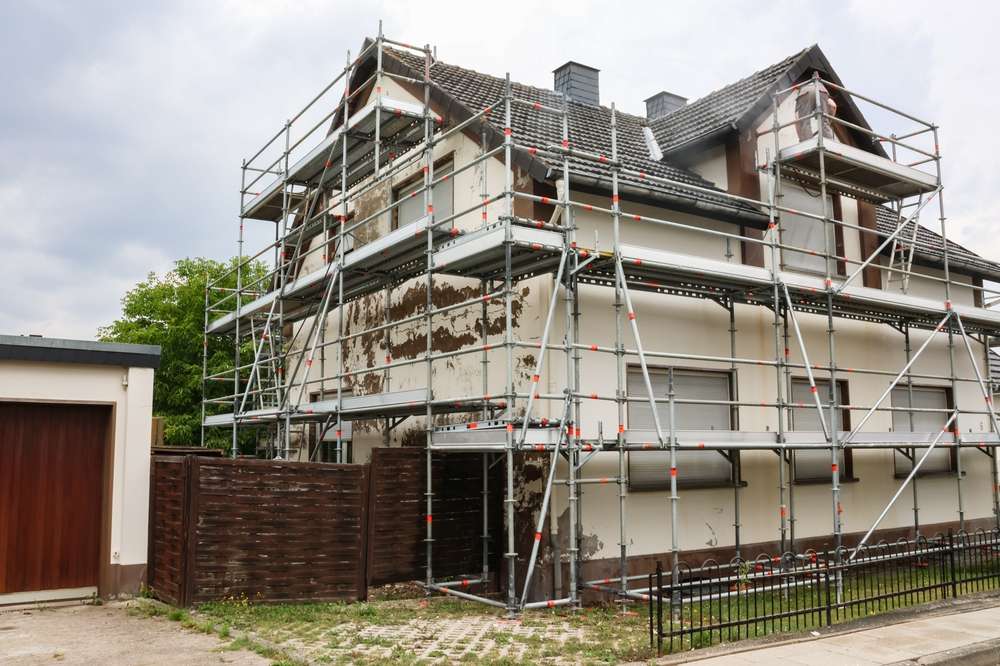Discover the Key Benefits of Working in the Netherlands That Many Overlook
The Netherlands attracts international professionals with more than just scenic landscapes and vibrant cities. Beyond the well-known cultural attractions, this Western European country offers distinctive workplace characteristics and employment frameworks that many professionals discover only after arrival. Understanding these lesser-known aspects of Dutch professional life provides valuable perspective for anyone considering international career moves.

The Dutch professional environment encompasses numerous advantages that remain underappreciated by those considering international relocation. While the country’s reputation for tolerance and quality of life is well-established, specific workplace practices and cultural norms create unique conditions for professional development. Examining these often-overlooked elements reveals why many international professionals find long-term satisfaction in Dutch career environments.
Understanding Work-Life Balance In Dutch Culture
The Netherlands demonstrates a distinctive cultural approach to balancing professional responsibilities with personal life. Dutch society places significant emphasis on efficiency during working hours rather than extended time at the office. This cultural norm manifests in practical ways that differentiate the Dutch workplace from many other countries.
Employees in the Netherlands work fewer hours on average compared to most developed nations, yet maintain high productivity levels. Part-time employment carries no professional stigma, with reduced schedules available across all career levels and industries. This normalization of flexible arrangements allows professionals to structure their work around personal priorities without compromising career progression.
Respect for personal time extends beyond working hours. The cultural expectation that evenings and weekends remain free from work communications creates clear boundaries between professional and private life. Dutch employers generally measure performance through results and output rather than hours logged, fostering an environment where efficiency is valued over presenteeism.
Statutory leave provisions guarantee substantial time off, with cultural norms supporting the actual use of vacation days rather than accumulation. This approach to time management reflects broader Dutch values around quality of life and sustainable work practices that benefit both employees and organizations.
Navigating The Dutch Job Market: Insights And Tips
The Dutch employment landscape presents specific characteristics that shape the experience of working in the country. Various sectors demonstrate consistent demand for skilled professionals, particularly in technical fields, though market conditions fluctuate based on economic factors and industry trends.
English functions as a working language in many Dutch organizations, particularly in international business, technology, and academic sectors. This linguistic accessibility reduces barriers for international professionals, though Dutch language skills enhance integration and broaden opportunities in certain industries and roles.
Employment regulations in the Netherlands provide structured frameworks that govern working relationships. Contracts clearly define terms, rights, and obligations for both employers and employees. Legal protections around employment termination create stability, particularly after initial probationary periods conclude.
The visa framework for skilled international workers includes specific pathways designed to facilitate legal employment. These administrative processes, while requiring proper documentation and meeting defined criteria, provide structured routes for qualified professionals seeking to work legally in the Netherlands.
Professional advancement often relies on relationship building and industry connections. Many positions are filled through networks before public advertising, making professional engagement an important component of career development in the Dutch context.
The Importance Of Networking In Dutch Industries
Professional networking in the Netherlands reflects broader cultural values of directness and practical communication. Dutch business culture tends toward straightforward interaction with less emphasis on formal hierarchy than found in many other countries. This approach shapes how professional relationships develop and function.
Industry associations, professional groups, and sector-specific organizations provide structured environments for building connections. These formal networks complement informal relationship building that occurs through workplace interactions and social professional gatherings.
The Dutch concept of informal after-work socializing serves as a primary mechanism for professional relationship development. These casual gatherings blend professional and social interaction in ways that reflect cultural preferences for authentic connection over purely transactional networking.
Communication style in Dutch professional settings emphasizes clarity and honesty. This directness can surprise professionals from cultures with more indirect communication norms, but understanding this cultural characteristic helps navigate professional relationships effectively.
International professional communities and expat networks provide additional support structures. These groups offer practical guidance on cultural adaptation while creating opportunities to connect with others navigating similar experiences in Dutch professional environments.
Workplace Rights and Social Protections
The Netherlands maintains comprehensive frameworks governing employment relationships and social security. These systems provide protections and benefits that contribute to overall job security and quality of life for workers in the country.
Employment law establishes clear standards for working conditions, termination procedures, and employee rights. These regulations create predictable frameworks that govern professional relationships and provide recourse when disputes arise.
Social security systems include provisions for unemployment, disability, and pension contributions. Mandatory participation in these programs creates safety nets that provide financial security during various life circumstances.
Healthcare access through mandatory insurance ensures that all residents can obtain medical services. The quality of healthcare infrastructure and services in the Netherlands ranks highly in international comparisons, contributing to overall well-being.
These structural elements of Dutch society create conditions that support both professional stability and personal security, factors that significantly impact the experience of working in the country.
Geographic and Infrastructure Advantages
The Netherlands offers practical advantages related to location and infrastructure that enhance daily life for working professionals. The country’s compact size and well-developed transportation networks facilitate mobility and accessibility.
Cycling infrastructure throughout Dutch cities provides efficient, healthy, and economical commuting options. Many employers support bicycle commuting through various arrangements, reducing transportation costs and environmental impact while promoting physical activity.
Public transportation systems connect cities and regions with reliable, frequent service. Train networks link major urban centers efficiently, while local transit serves metropolitan areas comprehensively.
The Netherlands’ central European location provides access to neighboring countries and major cities across the continent. This geographic positioning allows for cultural exploration and travel opportunities that enrich the experience of living in the region.
Conclusion
Working in the Netherlands involves numerous factors beyond the country’s well-known cultural attributes. The distinctive approach to work-life balance, structured employment frameworks, professional networking culture, comprehensive social protections, and practical infrastructure advantages create specific conditions for professional life. Understanding these elements provides realistic perspective on what working in the Netherlands actually entails, helping individuals make informed decisions about international career considerations based on factual understanding rather than assumptions.




